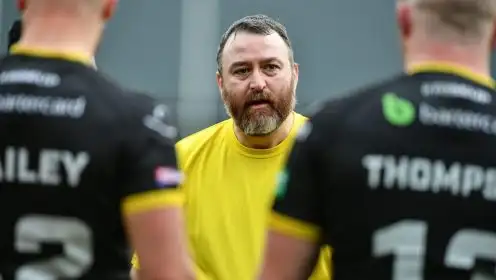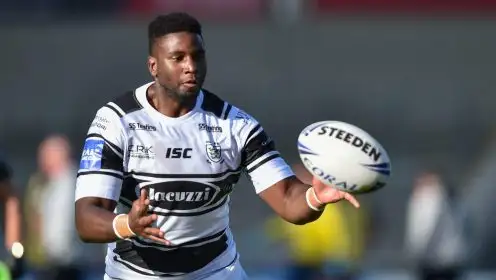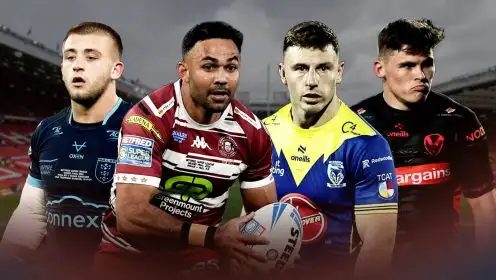Editor’s column: Identity, reserves and salary cap
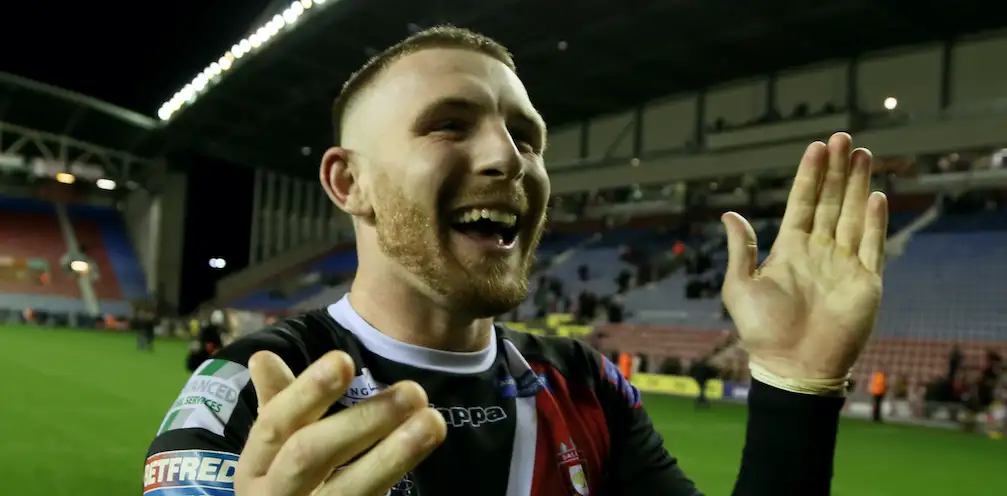
Rugby league has struggled with its identity in recent years, so it’s pleasing to see some clubs making strong statements of their identity in kit launches for 2020.
With clubs now releasing two, three, sometimes four jerseys per year, often plastered with sponsor logos, it’s difficult to maintain a sense of identity while also providing enough variation to make them worth buying.
Selling shirts is a quick fix, an easy way to add cashflow and revenue to a club, though the value of overall identity shouldn’t be underestimated.
CHECK IT OUT: 2020 Super League kits
St Helens are the obvious example of a club that never deviates from its identity, and rightly so. The same can’t be said for Wigan, who have ditched their traditional cherry and white hoops on a number of occasions over the last decade or so, including this year’s rather garish effort that is an apparent throwback to an off-brand jersey of the 90s.
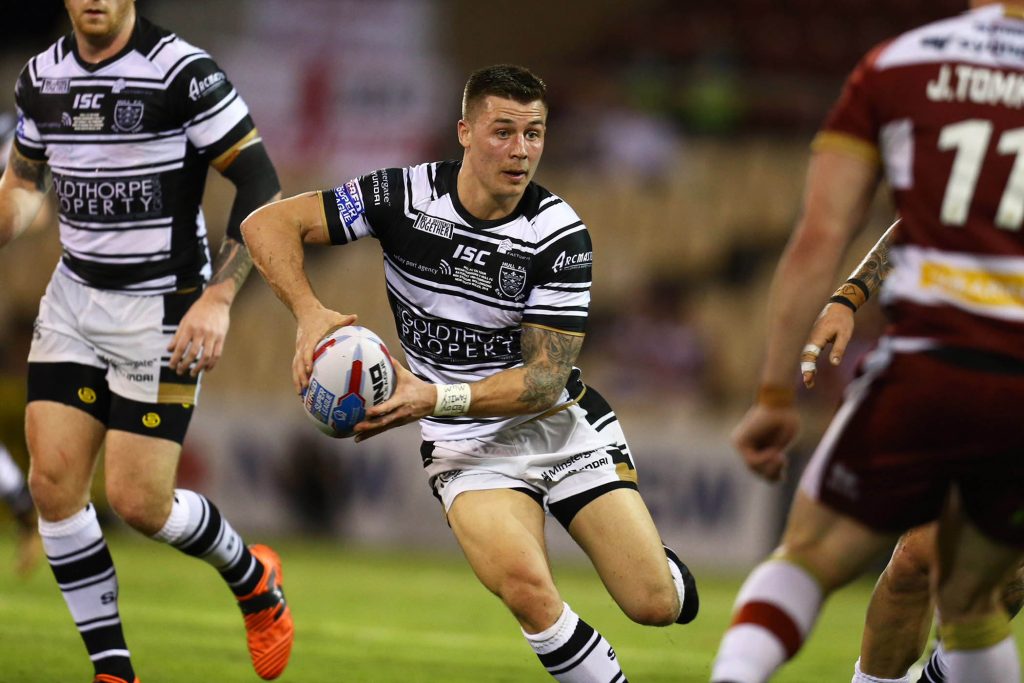
The best Wigan kit of recent years was the one they wore for their game against Hull in Australia, where the Airlie Birds also wore a kit that screamed who they were.
Rochdale are the latest club to make a solid claim on identity for 2020.
Even the most ardent Hornets fan won’t deny that their dwindling, ageing fanbase is in desperate need of being revitalised, and it appears that owner in waiting Andy Mazey may well be the man to rectify that.
While rugby league does need to proceed to new dawns, such as Toronto, there’s no reason whatsoever that clubs like Rochdale cannot thrive. Perhaps they, and others, have been guilty of merely existing rather than living in recent years, hoovering up the central funding handouts without motivating themselves to drive forward.
Click to read the full story!
?https://t.co/ZOmVRq8rmd pic.twitter.com/iY3307BPdk
— Rochdale Hornets (@RochdaleHornets) December 8, 2019
The sport seems obsessed at the moment with the perfect solution – if more teams want to join League 1, let them.
MORE: Check out the League 1 kits for 2020 released so far
Interesting to read news of a joint reserves set up between Huddersfield, Halifax and Hunslet, which effectively enables the two lower league clubs to make use of the Giants branded reserve side.
A proposal to run a Manchester reserves team, as a collaboration between Salford, Swinton, Rochdale and Oldham, was rejected a couple of seasons ago. Perhaps it just wasn’t Yorkshire enough.
There is a concern that all reserves will do is see amateur players hoovered up from local clubs. Hopefully this won’t happen. If all Super League clubs opened up their reserves to neighbouring lower league clubs, then perhaps the system will work after all.
What the reserves system will do is give some overlooked amateur players the chance to prove themselves. Widnes are one club who are giving a chance to a number of local amateurs to impress in their reserves. This hasn’t been possible since the over-age player rule was abolished from the academy, and while it’s unlikely a professional club would give an amateur player a chance off the back of watching them play, they can now get them in-house, see how they fit and maybe unearth a player who for whatever reason was lost from the professional game, or maybe never even experienced it, when they turned 21.
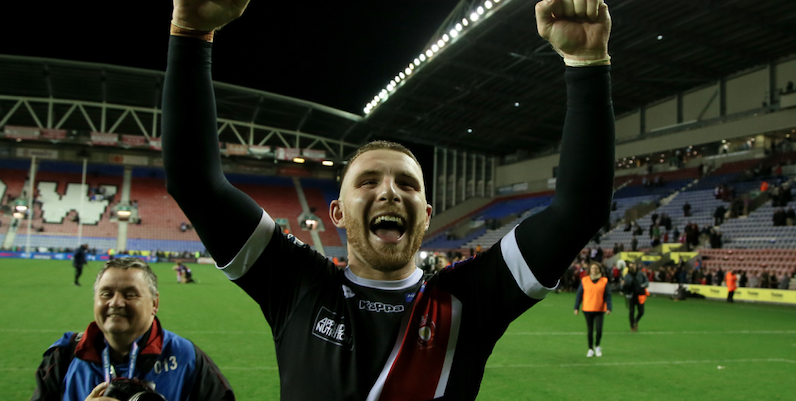
There have been murmurs surrounding the future of Jackson Hastings in recent weeks that have now been catapulted to the fore by the story in The Sun over the weekend.
The Australian Great Britain international would much prefer to gain a considerably more lucrative contract in the NRL, than come back to the UK and play for Wigan, so it would seem.
Having spent half the year trying to recover from the dismal situation surrounding Shaun Edwards, it would be another disappointment for rugby league’s biggest name to suffer another let down – especially if the agreement had made it to a contract this time.
There’s also the wider issue here of Super League clubs being mugged off time and time again by import players, who have the get out option of forcing a move back home.
We’ve seen it with the likes of Chris Sandow and James Segeyaro, both key players for their respective clubs, which leaves the club with little they can do. They can’t force the player to sit out his contract, because they need the cap space to recruit a replacement.
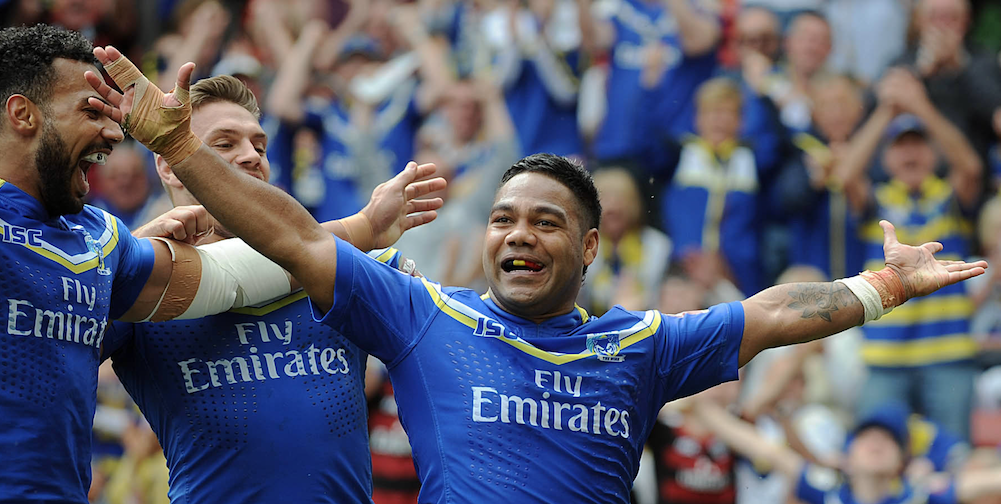
With the NRL already holding all the cards over Super League in terms of their superior salary cap and their minimum-wage levels, perhaps a work around of the salary cap should be afforded to clubs who suffer in this situation so they can at least defend themselves.
Another worry for Super League must be the news that Catalans won’t have a TV deal for 2020.
We’re forever told that the expansion of the league is to attract broadcast and commercial deals, yet here we have the Dragons 15 years in to their top flight status not able to secure something. There’s now talk that they’ll have to cough up £20,000 per game to be on TV again.
Not a great look for Super League as discussions over the next overall broadcast deal looms large.
